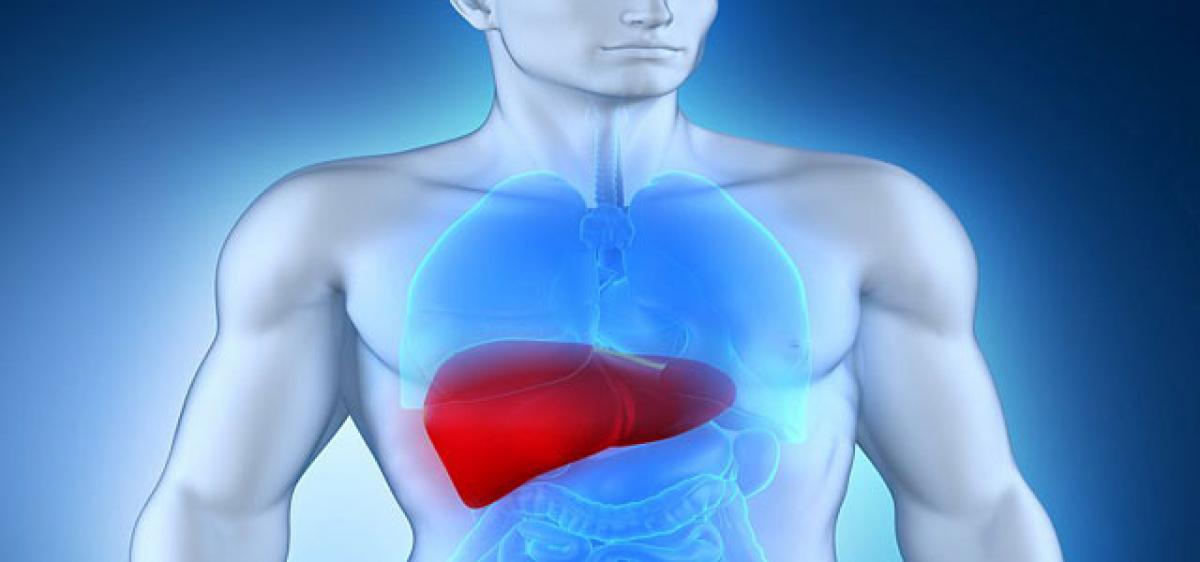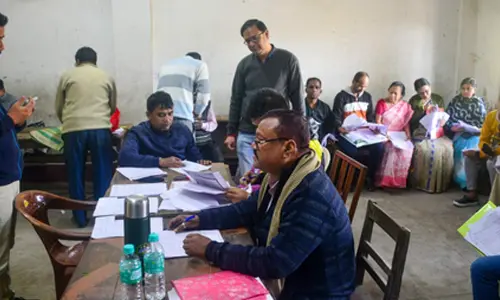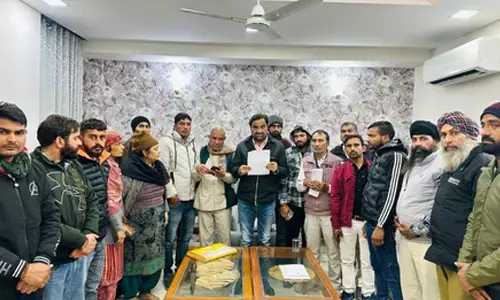Hepatitis C is curable with low-cost generic drugs

Hepatitis C is a deadly virus transmitted through blood and blood products. In most infected areas in the country, it is primarily caused by blood transfusions with unscreened blood or inadequately screened blood.
Hepatitis C is a deadly virus transmitted through blood and blood products. In most infected areas in the country, it is primarily caused by blood transfusions with unscreened blood or inadequately screened blood. Surgical procedures that follow unsafe practices and the use of unsterile needles by intravenous drug users, tattoo artists, quacks claiming they are doctors all result in a spread.
Sometimes even people living with diabetes share needles, which may transmit the virus if one person is already infected. Secondary causes include sharing personal-care items such as toothbrushes and razors with a person infected with the virus. It also may get transmitted through unprotected sex.
In the recent years, Andhra has seen a surge. “Hepatitis C is certainly on the rise. It is possible that this is because more people are coming forward to get tested and also because pre-surgery testing has also become stringent. The bad news is that there is no vaccine for hepatitis C, unlike hepatitis B, but the good news is that for those who have contracted the virus, there is a good cure available now.
The medicines are relatively inexpensive, can be taken orally, and have minimal side effects along with assuring a high cure rate upto 95 per cent,” says Dr Srinivas Kosuru, Consultant Gastroenterologist and Hepatologist, Andhra Hospitals, Vijayawada. According to the World Health Organization, a significant number of those chronically infected with the hepatitis C virus will go on to develop liver cirrhosis or liver cancer, and approximately 5,00,000 people die each year from hepatitis C-related liver diseases.
“Hepatitis C is a silent killer. It is dangerous because the virus tends to take years to show up once inside the body. Hence, it does not show any symptoms of its presence. Resultantly, it remains undiagnosed, eventually causing chronic hepatitis C infection. If left untreated, it can lead to development of liver cirrhosis, decomposition of liver and its life-threatening complications like blood vomiting due to esophageal varices (enlarged veins due to blood blocked by liver scarring), hepatic encephalopathy (coma due to liver failure), ascites (accumulation of fluid causing abdominal swelling, liver cancer and multiple other serious problems,” warns Dr Kosuru.
Currently, the awareness levels for hepatitis C is abysmally low in the country. Hepatitis C needs a similar kind of awareness and education like was done to minimize HIV incidences in the country. “People need to be educated regarding the cause and prevention of the disease. People should be encouraged to go for regular screenings and health checkups for early diagnosis of the disease, especially since newer treatments are pocket-friendly, are of shorter duration and can be taken as oral medication that has few side effects,” says Dr Kosuru.














